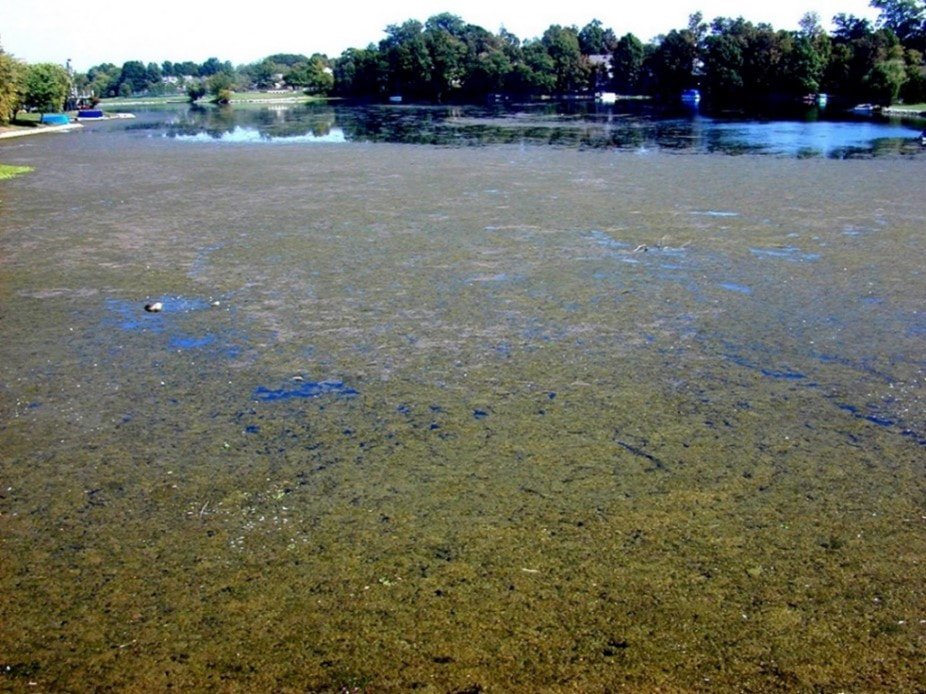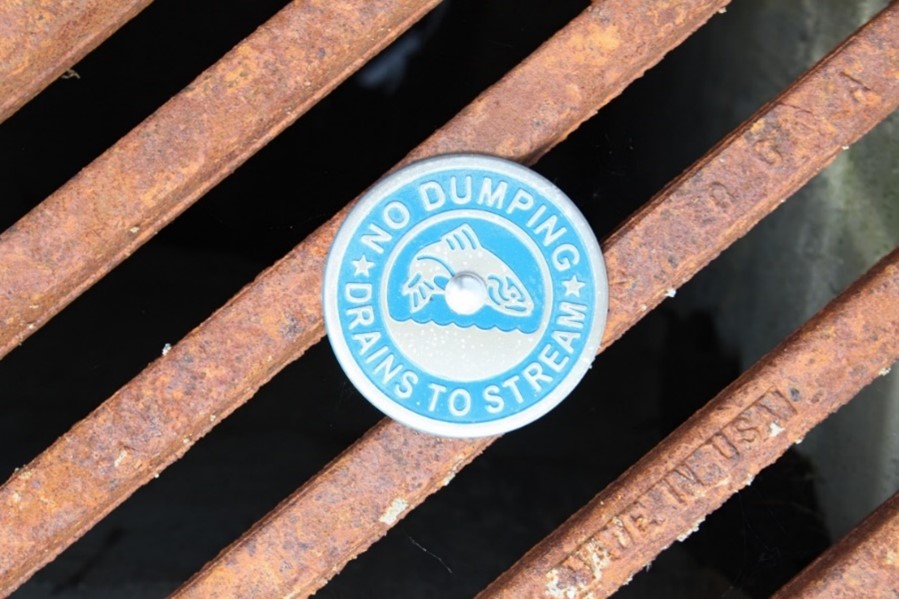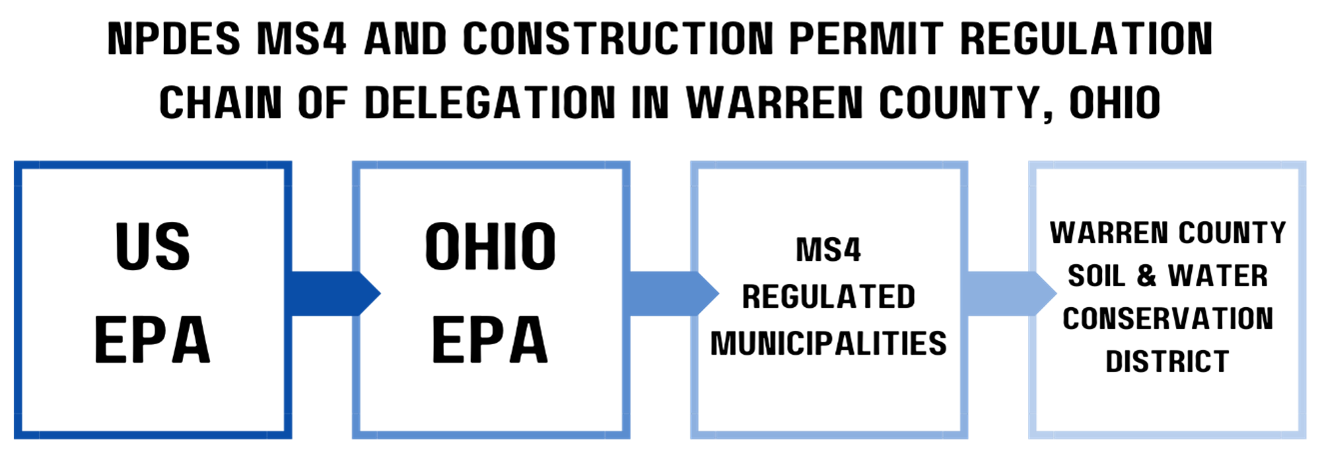|
In 1948, the Federal Water Pollution Control Act became the first U.S. law to combat water pollution. This act laid groundwork for the establishment of a cornerstone amendment- the Clean Water Act of 1972 (33 U.S.C. §1251 et seq 1972). This reorganization and expansion of the original act required every state to adopt water quality standards to protect, maintain, and improve the quality of the nation's surface waters. The Clean Water Act requires a permit for any discharges from a point source into navigable waters. National Pollutant Discharge Elimination System (NPDES) Permits outline limits on the type and allowable amounts of certain constituents, monitoring requirements, and/or best management practices to mitigate water pollution. Limits and practices are put in place to protect water quality, aquatic life, and public health. The purpose of NPDES permitting is to help provide specific guidance for the overarching goals from the CWA. Types of NPDES Permits:
Municipal Separate Storm Sewer System (MS4) Stormwater NPDES Permit An MS4 is owned by a state, city, town, village, or other public entity designed to collect or convey stormwater (e.g., storm drains, pipes, ditches) and discharge to waters of the U.S. These systems are not a combined sewer overflow system (like in Cincinnati, Columbus, Toledo, etc.), a part of a sewage treatment plant, nor a publicly owned treatment works (POTW). In contrast, stormwater runoff is transported through MS4s, and then discharged, untreated, into local water bodies. To prevent harmful pollutants from entering MS4s and natural waterways, these entities must obtain an NPDES permit and develop stormwater management programs (SWMPs). The 1990 Phase I regulation requires medium and large cities or certain counties with populations of 100,000 or more to obtain NPDES permit coverage for their stormwater discharges. A local example of a Phase I community is Dayton, Ohio. The 1999 Phase II regulation requires small MS4s located fully or partially in urban areas with a population of at least 50,000 and MS4s designated by the permitting authority to obtain NPDES permit coverage for their stormwater discharges. Warren County and several contracted municipalities within the county (i.e., Mason, Deerfield, Lebanon) are regulated under Phase II of the permit. Industrial Stormwater NPDES Permit There are 11 categories of regulated industrial activities that include heavy, manufacturing, coal and mineral mining, hazardous waste treatment, metal scrap yards, transportation facilities, landfills, treatment works, and more. The complete list of facilities and activities subject to industrial stormwater regulations and additional information can be found here. Oil and Gas Linear Transmission Stormwater Certain oil and gas facilities and activities must have CWA section 402 permit coverage to discharge stormwater. Examples include improvements to public roads, conventional petro-refineries, ethanol plants, natural gas utility, commercially/privately owned hotels/RV parks/campgrounds, etc. More information and a more comprehensive list of non-exempt activities can be found here. Ohio did not renew its Oil and Gas Linear Transmission Line permit (OHCG00001) which expired on September 16, 2023. Projects that obtained coverage under the now expired permit shall adhere to the conditions of the permit until the project is eligible to submit a Notice of Termination (NOT). Construction activities which cause a violation of Ohio’s water quality standards may lose exception from NPDES permitting. NPDES Construction General Permit (GCP) Construction activity is considered a point source discharge because specific locations where activity is happening can be identified. This contrasts with non-point source pollutants, which are wide-spread, diffuse sources of pollution across landscapes, so a single point cannot be easily identified. As previously mentioned, federal laws were put into place to prohibit point-source pollutants without an NPDES permit. An NPDES Construction General Permit (CGP) is required for any project that is going to be disturbing one acre or more of land or part of a common plan of development that will ultimately end up disturbing one acre or more. In Warren County, these projects also require an Earth Disturbing Permit (EDP). Earth Disturbing Permit in Warren County
In Warren County, prior to submitting the Notice of Intent (NOI) for the NPDES permit to the Ohio EPA, you must also apply for an EDP, which requires a complete Stormwater Pollution Prevention Plan (SWPPP) review and approval, submission of any necessary stormwater calculations, construction drawings, and the EDP application. This submission page and additional information for specific processes within different municipalities in the counties can be found here. Our urban program specialists at Warren County SWCD are happy to answer any additional questions you may have regarding permit coverage requirement and the NPDES and EDP application process. You can give our office a call at 513-695-1337. Additional Resources US EPA NPDES Stormwater Program US EPA NPDES Technical Resources Earth Disturbing in Warren County Ohio EPA MS4 Permit (OHQ000004)
0 Comments
Leave a Reply. |
Details
Urban team BLOGEvery month, the Warren Co SWCD Urban Team dives deep into the world of land development as it relates to stormwater pollution prevention. The blog covers topics like erosion & sediment control best management practices (BMPs), state and local regulations, retention/detention basins, and the conservation of our natural resources. Stay up to date with Development Digest by signing up for WCSWCD Urban eNews!
Categories
All
Archives
July 2024
|
|
|
Contact:PHONE: (513) 695 - 1337
EMAIL: [email protected] HOURS: Monday - Friday 7:30am - 4:00pm (except holidays) Connect:Warren County Soil & Water Conservation District Copyright © 2016
Warren SWCD Privacy Notice. Emails are serviced by Constant Contact. Constant Contact's Privacy Notice. |



 RSS Feed
RSS Feed
